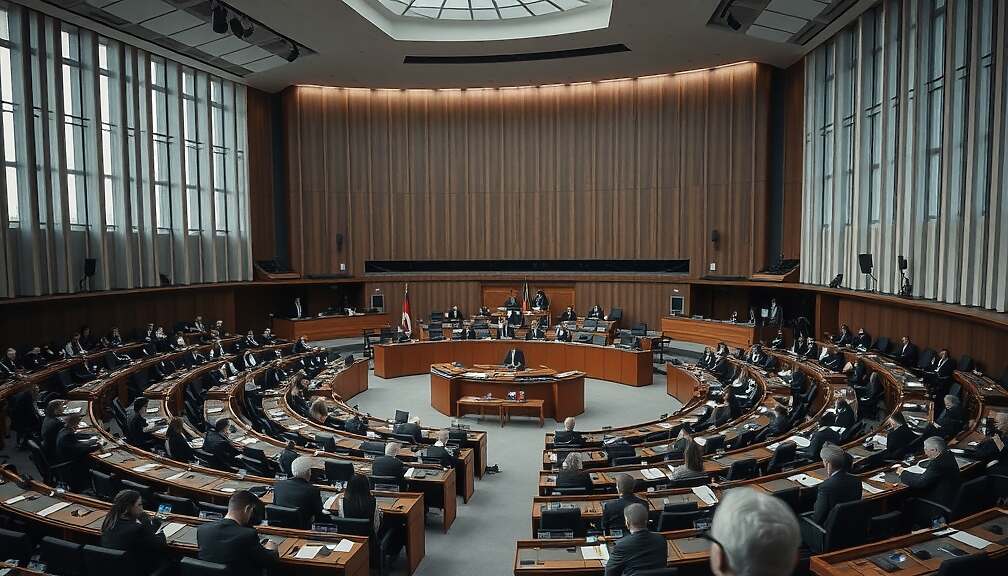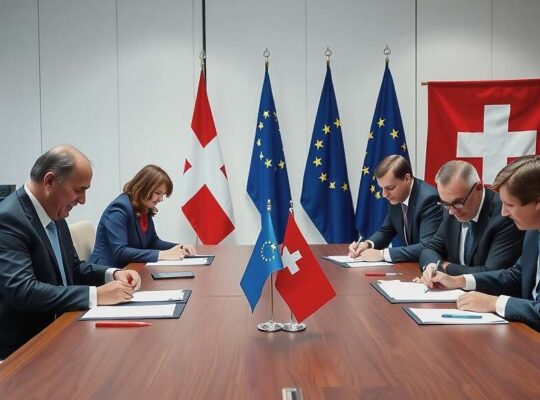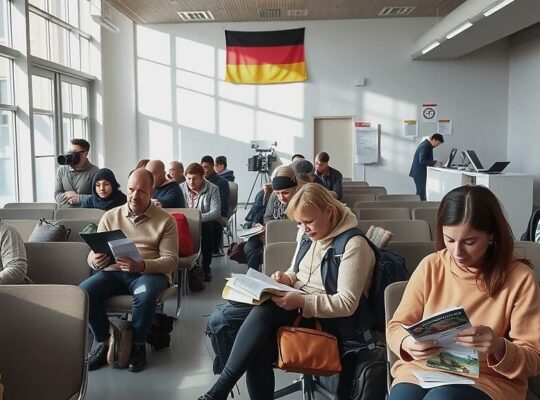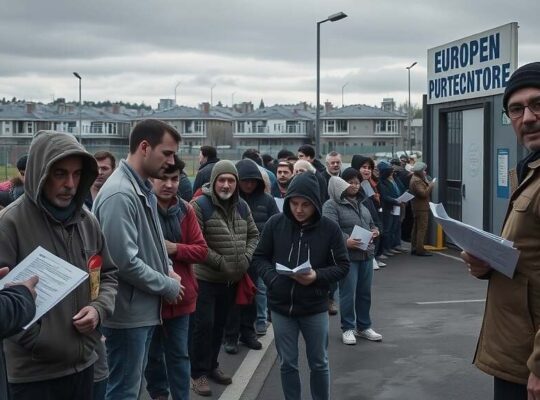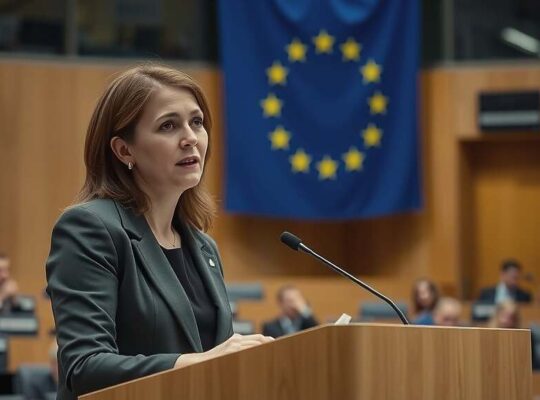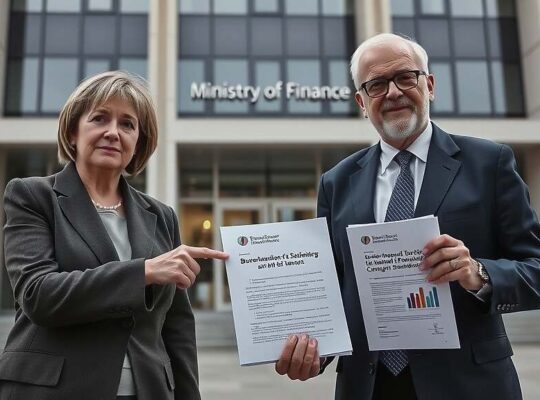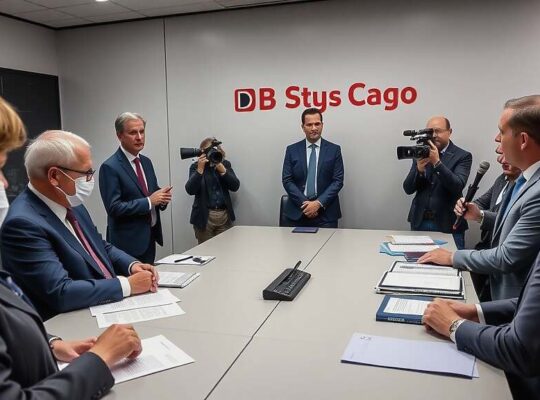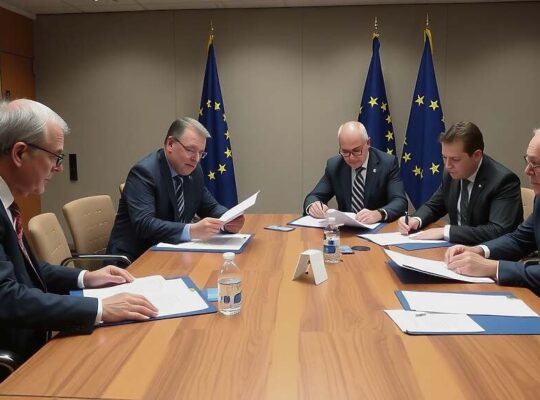The European Commission, led by Ursula von der Leyen, successfully navigated two separate votes of no confidence in the European Parliament this week, demonstrating a resilient, albeit precarious, hold on power. The motions, brought by the far-right Identity and Democracy (ID) group and a coalition of left-leaning factions, ultimately failed to garner sufficient support to trigger a formal inquiry into her leadership.
The ID group’s motion, criticizing von der Leyen’s economic, climate and migration policies while levelling accusations of a lack of transparency and censorship, secured 179 votes against 378, with 37 abstentions. The left-wing motion, championed by a broad alliance including the Left, Green and some Social Democrat parliamentarians, registered 133 votes against 383, accompanied by 78 abstentions. To succeed, either motion would have required a threshold of 360 votes without abstentions – a figure far beyond reach.
The ID group’s initiative carries significant political weight, drawing support from figures like Viktor Orbán of Hungary’s Fidesz and Marine Le Pen’s Rassemblement National in France. The coordinated effort underscores a growing unease with von der Leyen’s increasingly assertive agenda and her perceived responsiveness to external pressures.
The left-wing motion, while less successful, reflects burgeoning discontent over the EU’s handling of the humanitarian crisis in Gaza and criticisms surrounding the recently agreed trade deal with the United States. This coalition highlighted what they perceive as a failure to prioritize human rights and equitable trade practices.
During the parliamentary debate, von der Leyen urged unity, framing the opposition as potentially advantageous to Russia’s President Vladimir Putin. The call for solidarity was echoed by leadership figures within the center-right European People’s Party (EPP), the Social & Democrats (S&D), the Renew Europe group and the Green Party, all of whom largely refrained from supporting the motions. Manfred Weber, a prominent figure within the EPP, accused Jordan Bardella, a key figure in the ID group, of exploiting the vote for domestic French electoral gains.
However, the near-misses expose vulnerabilities within von der Leyen’s leadership and highlight the deepening political divides within the European Parliament. Martin Schirdewan of the Left Party signaled that the pressure on von der Leyen remains considerable, suggesting the possibility of further motions and a protracted period of political instability. The votes serve as a clear signal that despite her parliamentary resilience, von der Leyen’s agenda faces escalating scrutiny and a growing chorus of dissent, potentially complicating the pursuit of her ambitious policy objectives.


